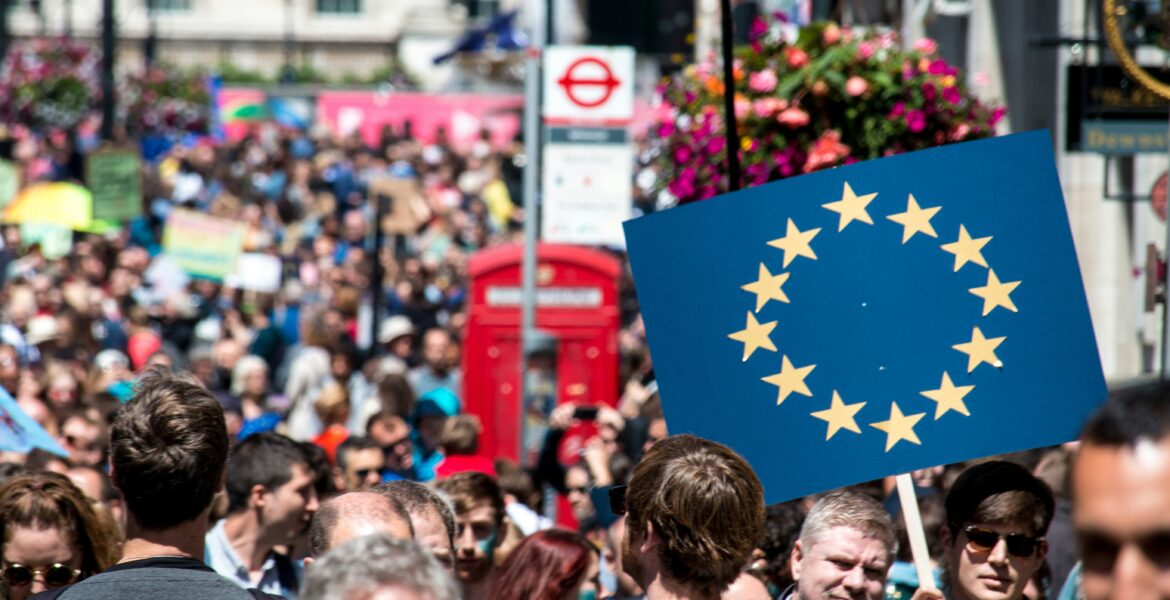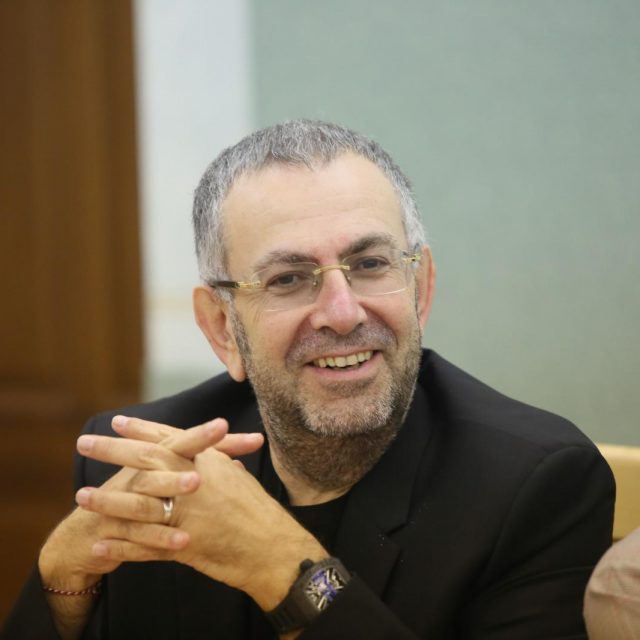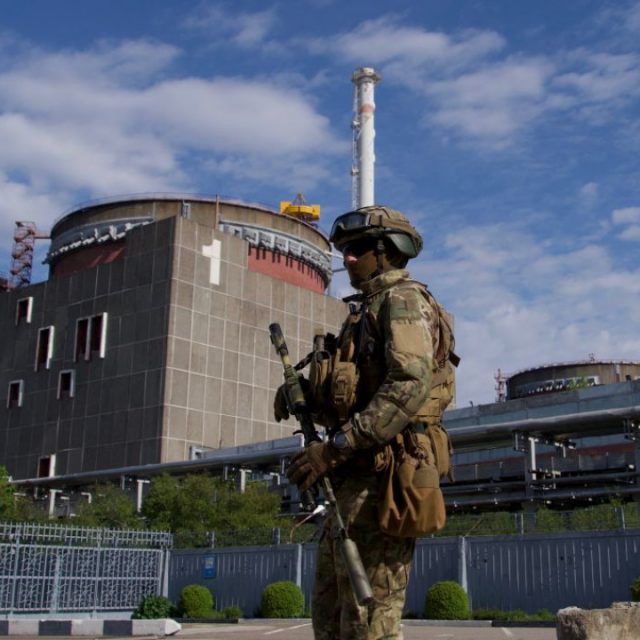Photo by Matt Brown on Unsplash
A former UK MEP said a key meeting this week is a chance to “restore the UK’s tattered European credentials.”
The fourth meeting of the European Political Community (EPC) takes place on Thursday. It is a collective launched after Russia’s invasion of Ukraine in February 2022 that was the brainchild of the French president Emmanuel Macron.
It is hosted by Sir Keir Starmer, the new UK PM.
The EPC is a forum which brings together European countries, including the UK, to co-ordinate responses “to common issues and concerns.” It has been likened to the G7 or the G20.
An estimated 50 European leaders will meet at Blenheim Palace for what will be Starmer’s first engagement in the UK with international leaders since Labour’s huge General Election victory.
This week’s EPC meeting is being seen as a “very significant” opportunity for Starmer to not just host European leaders but to restore confidence in the UK and show the world the country is back on the international stage after years of reputational damage caused by Brexit.
Two countries not taking part are Russia and Belarus – both have been excluded on account of Russia’s invasion of Ukraine, which Belarus has supported.
The presidents of the European Council, the European Commission, and the European Parliament will also participate in discussions. On Thursday, the new European Parliament will also decide whether Ursula von der Leyen will remain at the helm of the European Commission for another five years.
The EPC is the brainchild of President Macron who first proposed the idea on Europe Day in 2022, soon after Russia invaded Ukraine, suggesting that Europe needed another way to structure itself outside of the EU.
Senior figures in the EU gave their thoughts on what they hope the meeting this week will deliver.
German centre right MEP David McAllister, who chairs the EU parliament’s influential foreign affairs committee, said, “The European Political Community can serve as a platform to foster closer UK-EU ties.
“It can promote dialogue and help the EU and UK discuss and address shared challenges. The networking opportunities the EPC summits offer are particularly important since UK leaders and officials no longer attend EU summits or their preparatory meetings. The upcoming EPC is an opportunity for Prime Minister Starmer to present his political plans for closer EU-UK relations.”
Sir Graham Watson, a former senior British Liberal Democrat MEP, added, “Having ruled out a return to the EU’s single market ‘within his lifetime’ Keir Starmer desperately needs ways to keep Labour’s pro-Europeans on board. An enthusiastic embrace of the EPC is one of them. Hosting this meeting and leading in support for Ukraine can help restore the UK’s tattered European credentials.”
Another current senior MEP and former EU commissioner, Polish deputy Danuta Hubner, commented, “A meeting of like-minded democratic states is always a beginning of a good news.”
She added, “It was also a good feeling to see PM Keir Starmer’s face among the NATO family last week. And it is also a good news to hear about the approaching new stage in EU-UK cooperation on foreign and defence policy.”
“I have never been a big fan of the European Political Community worrying it would further undermine our enlargement and neighbourhood policies that had failed in case of Belarus and Ukraine. Putin’s aggression has generated however a real added value of the European Political Community. I hope UK will fully exploit its potential during the upcoming meeting.”
EPC meetings are held twice a year, with the host for summits alternating between the EU member state holding the EU Council Presidency and non-EU members. Previous summits have taken place in Granada, Spain (5 October 2023); Chisinau, Moldova (1 June 2023), and Prague, Czechia (6 October 2022).




